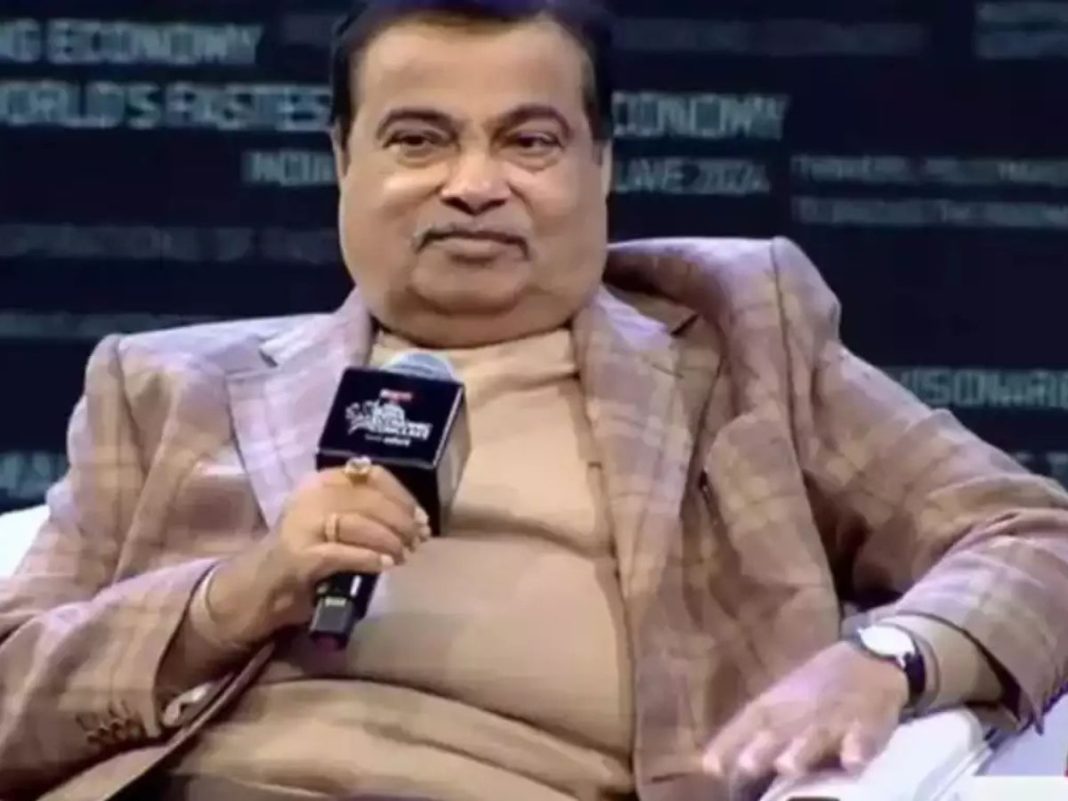Massive infrastructure push aims to tackle pollution, traffic congestion, and improve urban connectivity in Delhi.
New Delhi, January 2: Union Minister for Road Transport and Highways Nitin Gadkari announced on Thursday that the Union government will execute infrastructure projects worth ₹1 lakh crore over the next two years to transform Delhi’s infrastructure and address its persistent pollution and traffic issues.
Speaking to ANI, Gadkari emphasized that these projects would reshape Delhi’s urban landscape and improve the city’s overall quality of life.
“I promise you that works worth ₹1 lakh crore will be done in the coming two years; it’ll change the face of entire Delhi. Under the Namami Gange scheme, we are working on cleaning the Yamuna by preventing sewage water from entering the river. However, some works are delayed due to the Delhi government not providing their share of funding,” he stated.
₹65,000 Crore Infrastructure Project Underway
Gadkari revealed that the Ministry of Road Transport and Highways is already implementing a project worth ₹65,000 crore, of which ₹33,000 crore worth of work has been completed. The remaining ₹32,000 crore worth of projects will be finished soon.
“Delhi suffers greatly from air pollution and traffic jams. Under the leadership of Prime Minister Narendra Modi, our ministry has launched several initiatives to combat pollution and decongest the city,” he added.
Combatting Pollution with Green Alternatives
Addressing Delhi’s persistent air pollution problem, Gadkari highlighted the government’s efforts to promote electric vehicles and CNG adoption as cleaner alternatives to fossil fuels.
“Forty percent of Delhi’s pollution is caused by fossil fuels. We introduced electric buses, cars, scooters, and CNG vehicles to reduce emissions. Our goal is to make Delhi pollution-free within five years,” Gadkari asserted.
Stubble Burning and Biofuel Innovations
The Union Minister noted a 20% reduction in stubble burning across states like Punjab and Haryana, attributing this success to the government’s initiatives in converting stubble into biofuels.
“Sixty out of the 400 biofuel plants planned are already operational. These plants convert stubble into CNG, ethanol, and bio-vitamin products, creating wealth from waste. In Panipat, we have started a plant that produces 1 lakh litres of ethanol, 150 tonnes of bio-vitamin, and 78,000 tonnes of aviation fuel annually,” he explained.
This innovative approach not only reduces pollution but also curtails fuel imports, generates employment opportunities, and improves farmers’ economic conditions.
Future Outlook
With a strong focus on infrastructure development, pollution control, and sustainable technologies, the Union government aims to make Delhi a model city in terms of clean air, efficient traffic systems, and modern urban infrastructure.
These initiatives represent a holistic approach to urban transformation, combining policy reforms, technological advancements, and environmental sustainability.

